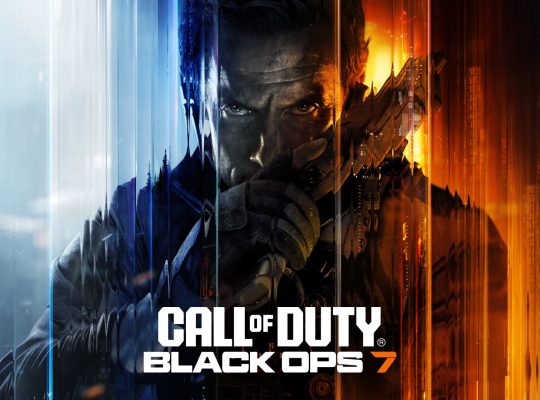Battlefield 6 has been caught in controversy over its new anti-cheat measures, specifically the requirement for Secure Boot to be enabled in a PC’s BIOS. While not every player needed to make adjustments to their BIOS settings, those who did voiced frustration at the inconvenience. Now, a developer at DICE’s Ripple Effect studio has directly addressed the issue, placing the blame squarely on cheaters.
The game’s new anti-cheat, Javelin, is at the center of the debate. Originally introduced as EA Anticheat in 2022, the system was rebranded earlier this year and now runs at the kernel level. This allows it access to nearly all aspects of a computer, making it a powerful tool for catching cheats but also raising privacy and security concerns among players.
“I Hate the Cheaters” – Developer Responds
In a recent interview, Christian Buhl, Studio Technical Director at Ripple Effect, admitted that the Secure Boot requirement was not something the team wanted to enforce.
“I wish we didn’t have to turn on Secure Boot,” Buhl explained. “But a couple of years ago, we had a lot of deep discussions about anti-cheat and what we wanted our approach to be. We had discussions about how much do we want to focus on friction versus fairness? And the fact is, the more anti-cheat you do, the more friction you add, but hopefully the more fairness you add.”
He went on to say that while Secure Boot is a “super powerful tool” against cheaters, it is not foolproof. Still, he emphasized the need to create a fair environment for players, even if it means some will face technical hurdles.
“For some people, it is a barrier to entry for the game, and I wish that it didn’t have to be,” he admitted. “I hate the cheaters for making us do this, but I think it’s going to be better for everyone else to have fewer cheaters and more fairness in the game.”
To ease the process, Buhl confirmed that the team plans to publish detailed FAQs and guides to help players enable Secure Boot in their BIOS.
Secure Boot in the FPS Genre
Battlefield 6 isn’t the only major shooter implementing stricter anti-cheat requirements. Activision recently announced that Call of Duty: Black Ops 7 will also require Secure Boot and TPM 2.0, extending the same measures already introduced to both Warzone and Black Ops 6 during its Season 5 update.
With both franchises adopting these methods, it appears the industry is moving toward stricter PC security enforcement in the fight against cheating—though not without resistance from the player base.









